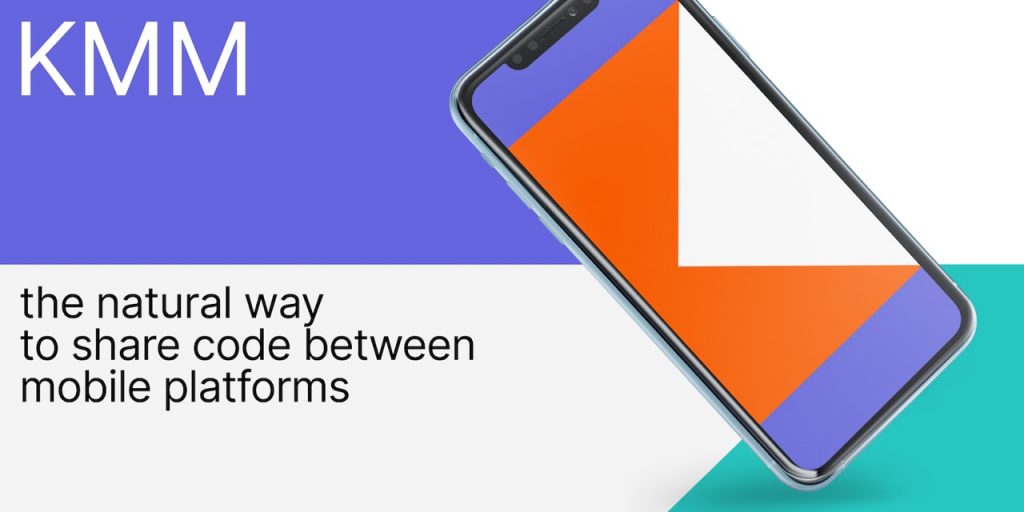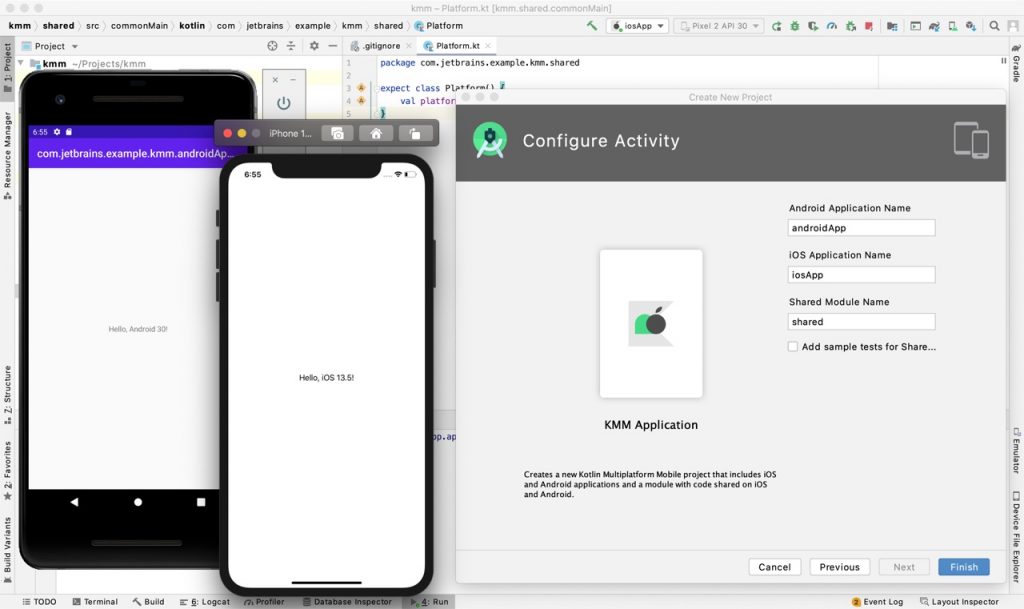Kotlin has announced a new app development engine that lets you turn an Android app into an iOS app using Kotlin, and it’s better than it sounds.
Despite programming is an area in which not everyone is involved, the evolution of each process in software development is something that is capable of improving our day-to-day life, and the software is present in practically any electronic product that you have at your fingertips. Today we are going to talk about Kotlin, Google’s favorite programming language to make apps on Android and that they want you to learn to use if you want to make apps. This language has presented a new technology that, although it does not benefit Android directly, it does have great importance in the future.
Kotlin can now be used to create Android and iOS applications at the same time

A few days ago Jetbrains announced version 1.4 of its language, an update focused on quality and performance. This update positively affects Android, since it is the language in which Google is investing more effort for the creation of applications with Android Jetpack.
It is not the only novelty announced by the Czech company, and it is that a few hours ago they announced a new tool called Kotlin Multiplatform Mobile.

This new project has one objective, and that is that with the same code it is possible to implement the logic of an application and that it works on Android and iOS alike, facilitating the construction of applications with this programming language by having to design specifically only the interface and specific functions of each system.
If you are a developer and you are interested in KMM, you can start to see how to apply it to your next applications or even to already active projects, you can do it here here, with the official documentation.
And why is it good for Android if we win nothing?

Perhaps the first question you ask yourself about the supposed benefit for Android of Kotlin going cross-platform if there is nothing new for Android. KMM can be applied to native Android projects to make iOS applications with ease.
Converting a programming language into a valid tool for both platforms fulfills a key factor in development, and is to go for the market of hybrid applications with development environments that are prepared to create applications for both systems with the same code base.
This type of engines for hybrid applications tend to have a poor performance compared to the development of native applications. For a company that must create an application on both platforms, betting on two native developments has a higher cost than simply creating an application that does a little worse on both platforms.
If KMM ends up working well it will be beneficial for Kotlin, reducing the friction of developers towards this development language and encouraging more and more applications to end up betting on this system.
Also Read: Most used apps in Android and iOS